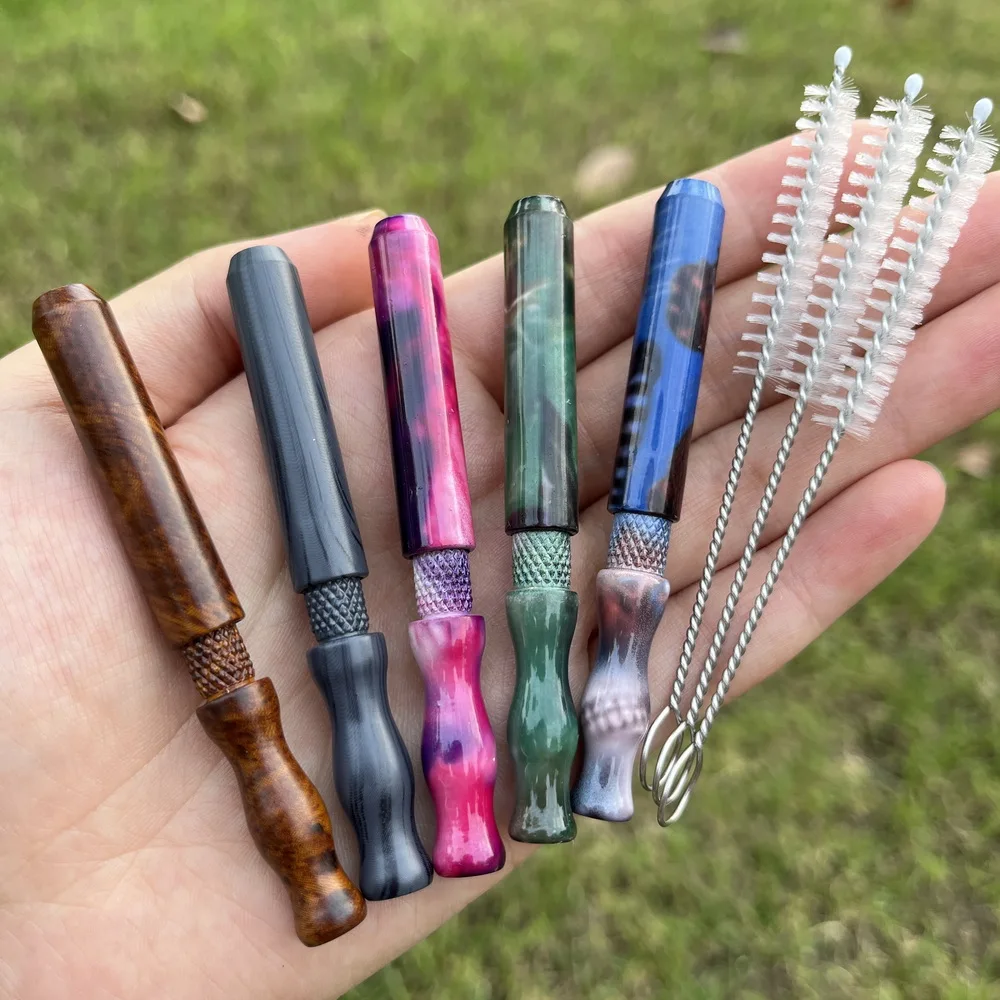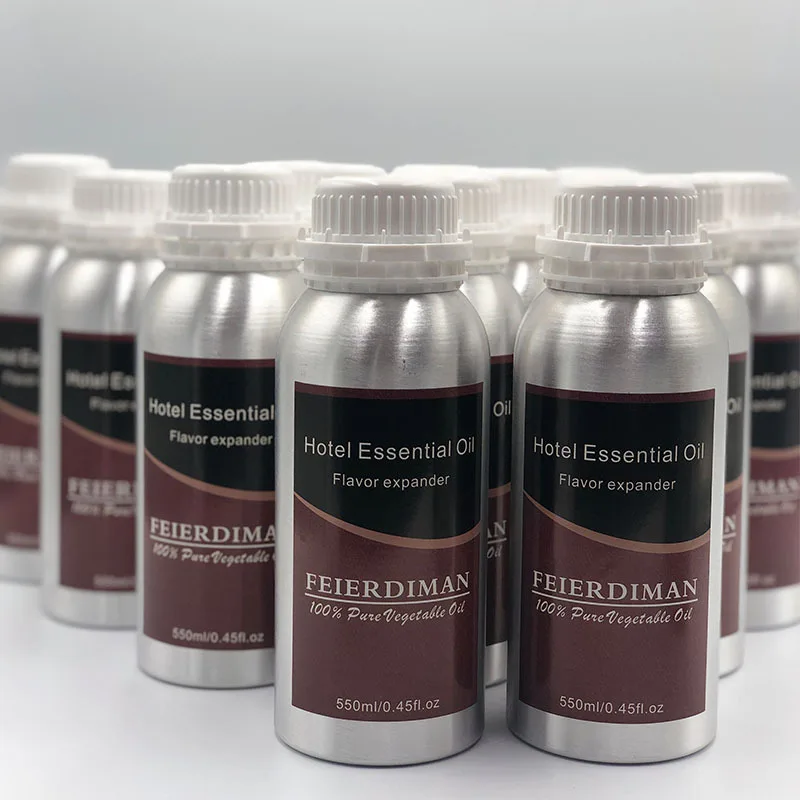Even as cannabis legalization spreads across America, a stark injustice remains unresolved: veterans imprisoned for nonviolent cannabis offenses are still serving long sentences. This week, the Last Prisoner Project and the Balanced Veterans Network have joined forces to bring their stories to light and push Congress to stop penalizing those who served.
Locked Up for a Plant They Never Chose
Robert Deals, a 56-year-old veteran who spent 11 years in the U.S. Air Force, has now served more than a decade of an 18-year sentence for a nonviolent cannabis offense.
Deshawn Reilly, 46, served eight years in the Marines and is currently serving a 17-year sentence in Georgia. With supervised release added on, he will not be free until 2029.
Kristofer Fetter, 37, an Army veteran of Operation Iraqi Freedom, was sentenced to 58 months behind bars for a marijuana conviction. These are not isolated cases, but examples of how prohibition continues to punish those who wore the uniform.
A New Campaign to Demand Change
LPP and BVN are building a campaign to mobilize veterans harmed by cannabis prohibition. The strategy is twofold: identify and amplify the impacts on service members, then pressure lawmakers, especially Republicans in Congress, to pass legislation that gives veterans and their healthcare providers every option to treat service-related trauma, including cannabis access and home cultivation.
As Terry Ikey of BVN explains, “Veterans use cannabis in place of medications that are ineffective at addressing mental health issues that are a result of their time in service… With the Veteran suicide rate rising every day, it is imperative that we give our vets and their healthcare providers any and all tools needed to help our vets find balance in their lives.”
Jason Ortiz of LPP adds, “It is an insult to our veterans that our country would put them in a cage for trying to treat the trauma they suffered while defending our freedoms.”
Together, the two organizations are pushing to release all veteran cannabis prisoners and end penalties for those who use cannabis as medicine.
Roots, Reforms, and Real Consequences
The Last Prisoner Project has already cleared hundreds of thousands of cannabis offenses and saved years of prison time for individuals caught in the system. The Balanced Veterans Network, meanwhile, helps veterans explore alternative therapies for issues like suicide, addiction, and homelessness.
The partnership now aims to shift both laws and narratives. By making these cases impossible to ignore, advocates believe they can force lawmakers to act on behalf of veterans who were promised support but instead received punishment.
What You Can Do
Veterans and supporters can get involved directly by sharing stories, signing up for advocacy, and pressing Congress to act. If you are a veteran harmed by cannabis prohibition, or know someone who is, you can connect with LPP and BVN through the Impacted Veterans Advocacy Form.
The Bottom Line
This is not only about cannabis. It is about justice, equity, and respecting the service of people who defended the country only to be punished by outdated laws. When veterans use cannabis or grow it, they are not asking for special treatment. They are demanding the right to heal without fear of punishment.
Reform is overdue, and veterans are ready to lead the charge.


























